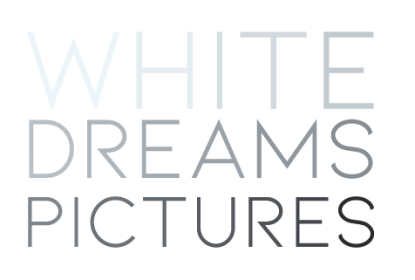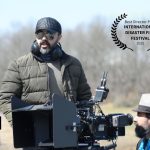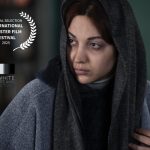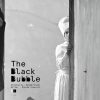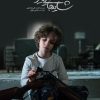An Editing Panel with Mastaneh Mohajer in 42nd Tehran Short Film Festival
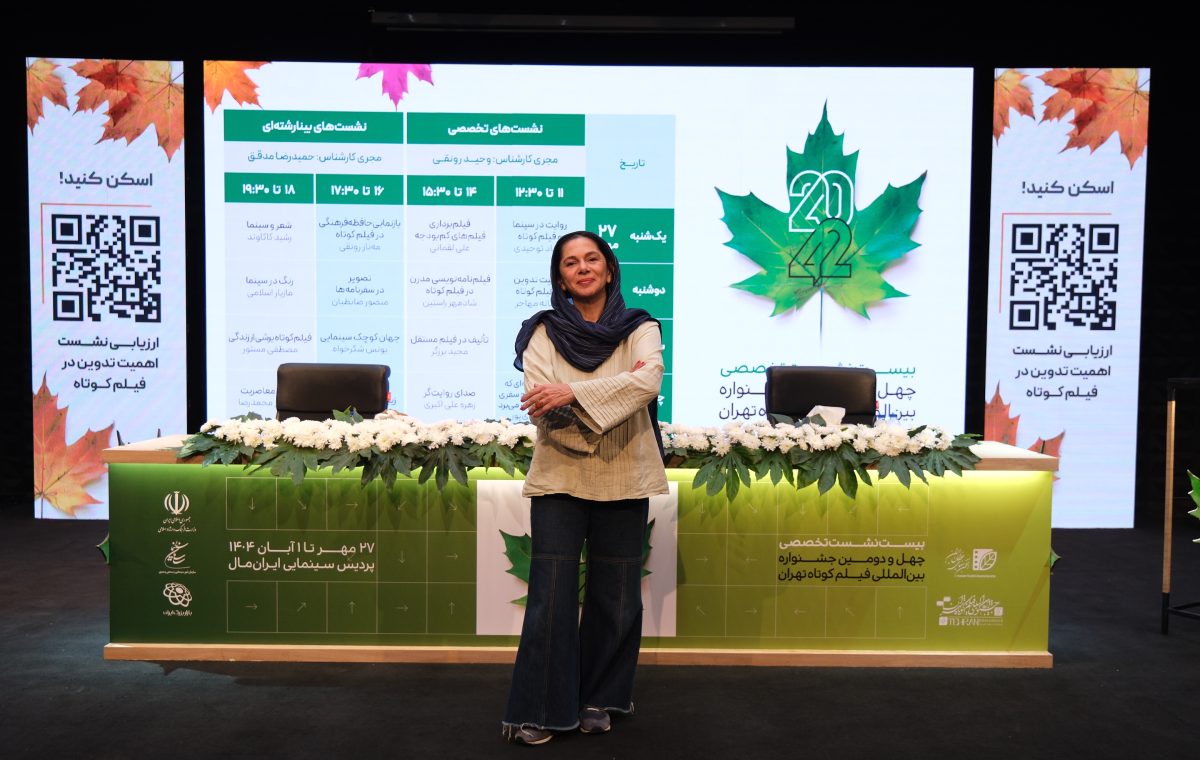
The second day of the “20–42” series of specialized meetings, titled “The Importance of Editing in Short Films,” was dedicated to exploring the collaborative relationship between directors and editors in cinema as a team-based creative process. The session featured film editor Mastaneh Mohajer, who shared her insights and experiences on the subject.
At the beginning of the session, Mastaneh Mohajer spoke about the importance of short films in world cinema, saying:
“Everyone here knows better than I do how significant short films are in world cinema — in directing, editing, and every related field. In a short film, filmmakers are meant to convey emotions accurately, and that’s a very difficult task. To me, a short film is just as important as a feature film.”
Speaking about her own approach to film editing, she explained:
“Whenever someone asks me about my method of editing short or feature films, I have no fixed answer, because the film itself tells me how it should be edited. I don’t follow a specific method — I have knowledge about cinema and editing, and each film shows me its own rhythm and logic. I want to continue working this way because each of us is like a film, and our goal is to communicate emotions with one another. So let’s put techniques aside and talk about conveying emotion through storytelling in short films. We all already know the technical part — that’s why we’re here.”
Addressing the issue of high fees demanded by some professional editors for short films, Mohajer said:
“I’ll say this very clearly: an editor should never ask for an excessive fee for editing a short film — and I want this on record. We must support each other. Short films have specific and limited budgets, and overspending is simply wasteful. One of the beauties of short filmmaking is creating art with limited resources — and that’s a true success.”
She continued:
“A professional editor who truly understands the nature of short films shouldn’t overcharge but should be reasonable. If they work for free, their value won’t be recognized — that’s a psychological fact. So a fair, balanced fee is important.”
Mohajer also emphasized that sometimes an editor simply isn’t the right match for a particular film:
“This applies to every area of short filmmaking. The director is the mind and vision behind the work.”
She described the editor as the film’s “second director”, saying:
“Every editor has their own perspective. Those who know me are familiar with my particular approach to editing. That’s why I’m not the right choice for experimental cinema. The editor must be chosen by the director, because in the realm of authorship, they stand right beside the filmmaker.”
